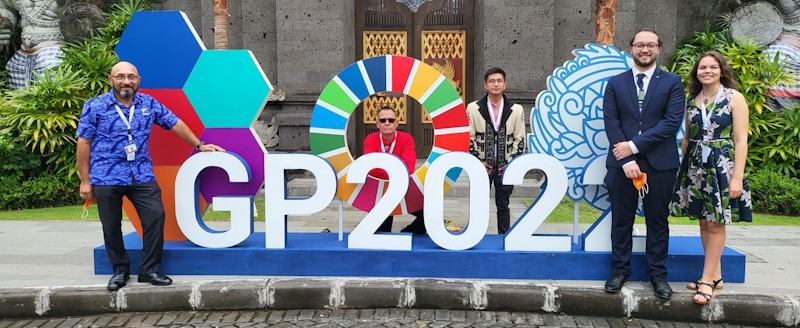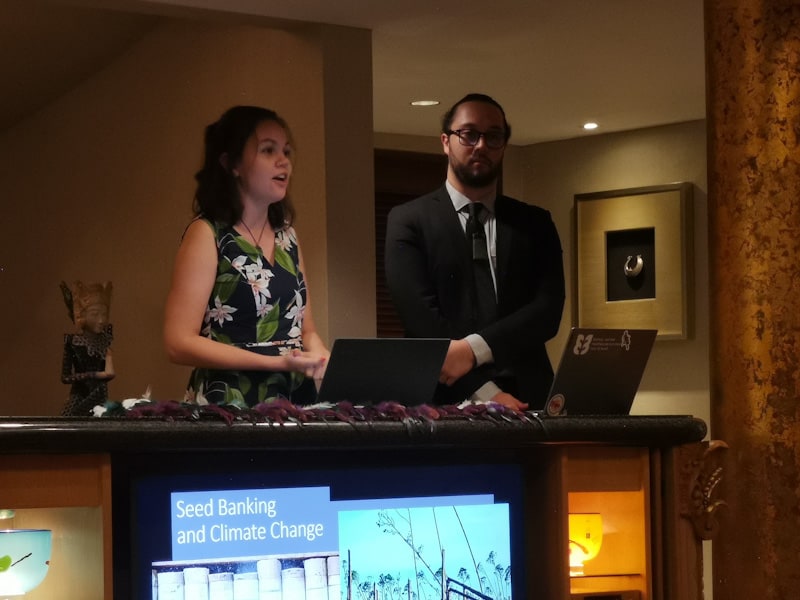Although Phoebe (Ngāti Raukawa-ki-te-tonga) has been with TTW for only six months, her strong writing skills have seen her quickly pick up key responsibilities in the environmental not-for-profit. These include the preparation and testing of policy submissions, reviewing and developing research papers, speaking at events and attending government hui and committees.
“I help out with research projects, consultancy and submissions,” says Phoebe. “We make sure that Māori communities have access to information as well as have an avenue to feedback into the submission process, especially for biosecurity issues.”
Biosecurity is a new context for Phoebe, whose background is in Māori and New Zealand history. Her PhD at the University of Canterbury, which she has recently submitted, is titled ‘Sisters in the Work: Māori and Pākehā Women of the WCTU, 1892-1918’. In her thesis, she explores the Women’s Christian Temperance Union and the relationships between Māori and Pākehā women who were involved.

While the content of her thesis has little overlap with her current role, Phoebe feels the intensive research and writing required for her PhD features in her day-to-day activities. A lot of Phoebe’s work involves sitting down with policy and understanding that words and phrasing really matters. She says that kind of fine-tuning is what she picked up on through doing her thesis.
“In these submissions, I think about how changes to the wording of a policy will affect Māori and how changes can ensure Māori voices are being heard in the places where they should be,” says Phoebe.
She has seen in her work that resourcing is an issue that comes up time and time again.
“People will say that they want to engage with Māori and incorporate Māori involvement, but they don’t put in space for resourcing to support that engagement or involvement,” she says.
Phoebe has noticed that because it is expected that Māori care about the environment, their engagement is taken for granted.
“Some people who want to be involved don’t have the time because they are being pulled in a thousand different directions,” says Phoebe. “Others can’t afford to take time off from work to consult on a document. There needs to be recompense for that time spent.”
Besides helping with research and submissions, Phoebe has been helping with the inaugural TTW symposium and with the initial stages of what may become a Māori seed bank.
“One of the biggest threats to biodiversity is biodiversity loss. Seed banking is one of the ways we can guard against that. The seed banking project is something that I’m excited to see come to fruition.”
We are excited to see Phoebe grow in her role and wish her the best with her future work.
